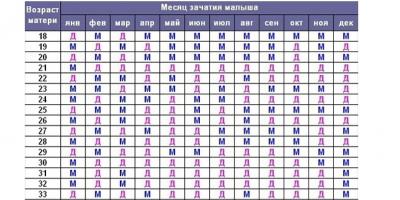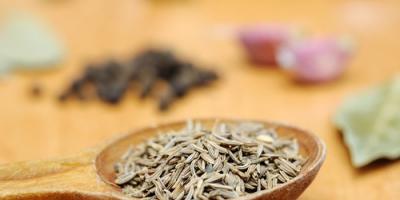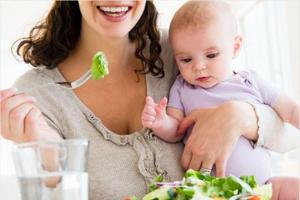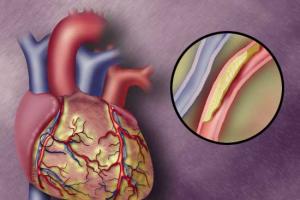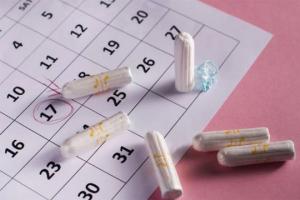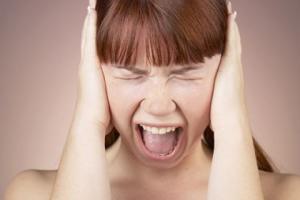All women may experience bleeding immediately after giving birth, even if they were delivered by caesarean section. However, this does not mean that your cycle has recovered.
After the birth of a child, menstruation does not return to normal immediately
When should the menstrual cycle start?
Menstruation after pregnancy begins:
- 2-3 months after childbirth, if not breastfeeding;
- within a month after not breastfeeding;
- within a month after the introduction of complementary foods (when breastfeeding is not regular, or you often skip feeding);
- one month after they started expressing milk instead of putting the baby to the breast. The fact is that during pumping, the hormone prolactin is not released, which blocks the menstrual cycle.
Menstruation after childbirth during breastfeeding is delayed and this allows the body to relax after childbirth, gain strength and replenish the supply of vitamins spent during pregnancy. So in the postpartum period, anemia often occurs due to a lack of iron. When a woman's body has recovered and she is no longer breastfeeding, her cycle returns to normal and she can conceive again. Studies by scientists have shown that the optimal period for the recovery of a woman's body after childbirth is 2 years.
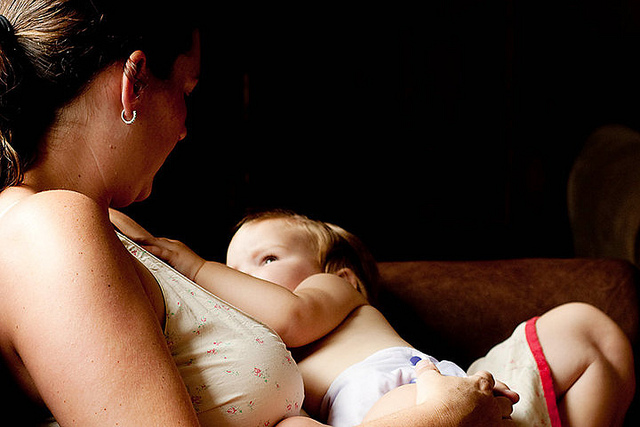
Natural breastfeeding provokes the production of prolactin, which delays the monthly cycle
Menstruation without breastfeeding
When a mother, for some reason, refuses to breastfeed, progesterone and estrogen begin to be produced 6 to 10 weeks after birth. These hormones stimulate ovulation and the menstrual cycle resumes.
If after 10 to 14 weeks your period has not started, see your doctor. Each woman has her own characteristics of the body, but it does not fit to be checked.
If you refuse to breastfeed, you should consider taking contraceptives as soon as doctors allow you to have sex. You can get pregnant even when you haven't started your period.
Feeding and menstruation
Menstruation while breastfeeding is a common problem. After pregnancy in a nursing woman, the release of reproductive hormones (progesterone and estrogen) is weakened by prolactin. The more you feed, the more prolactin in the blood, and the level of estrogen and progesterone decreases. A small amount of reproductive hormones cannot cause ovulation, so menstruation should be absent during breastfeeding.
This delay in ovulation and menstruation is called lactational amenorrhea. It can be used as a method of contraception, but it is not reliable. The fact is that the period between the first ovulation and the day when menstruation begins is 1 to 2 weeks, and theoretically, pregnancy is possible at this time. If your cycle has recovered while breastfeeding and you become pregnant, there is no need to wean your baby.
If you have your period while breastfeeding, it may differ from your previous periods in terms of length and pattern of discharge. Your cycle will be irregular for several months until your body recovers completely after the baby is born.
Many women are afraid that with the onset of menstruation, milk will change its taste or lose its nutritional value. This is wrong. The only problem is that when your period starts, there may not be enough milk. But this is not scary, you just need to put the baby to the chest more often. When the cycle is restored, with lactation everything will be fine again. This is not an easy period, but it just needs to be experienced.
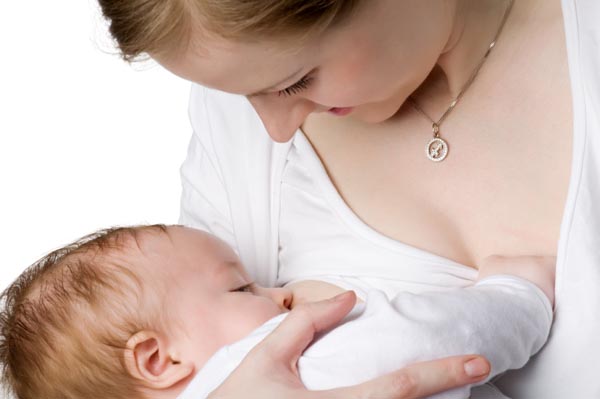
With a decrease in the amount of milk, the child should be applied to the breast more often.
Breastfeeding Support
Newborns should be breastfed every 2 hours during the day and every 3 hours at night. Short breaks between feedings stimulate milk production. Many women complain of sore nipples after the return of menstruation. It can occur during or immediately after menstruation. Pain does not allow the nursing mother to keep the baby at the breast for as long as he needs, so he remains hungry and naughty.
Apply warm compresses to your nipples before each feed to help relieve pain. It's also important to let your nipples dry when you're done feeding.
In order to have enough milk, the mother should get enough sleep and drink as much warm liquid as possible (milk, tea). If you still have problems with lactation, you can buy a special herbal tea with lemon balm and fennel, it will not only increase the flow of milk, but also help you cope with daily stress.
Breastfeeding as a cancer prevention
Studies by scientists show that mothers who breastfeed for at least two years are 2 times less likely to get breast cancer than those who breastfeed their child for less than 6 months. Such a protective effect of breastfeeding will appear before and during menopause.
Contraceptives while breastfeeding during menstruation
Menstruation during feeding and contraception - that's what interests many. Breastfeeding women treat contraception differently. Most doctors do not recommend the use of hormonal contraceptives that include progesterone and estrogen. If you are having your period while breastfeeding, you can use the following methods of contraception:
- condoms;
- mini-drank;
- intrauterine hormonal coil;
- spermicidal agents (but they are not very effective).
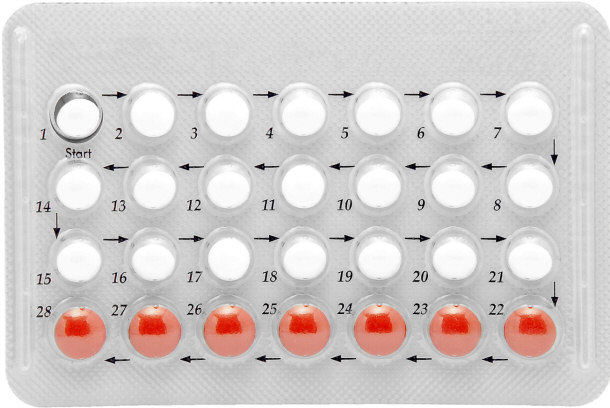
Mini-pills are allowed to be used while breastfeeding
How will my period go after breastfeeding?
Menstruation after breastfeeding is an individual process for each.
Menstruation after a period of pregnancy and breastfeeding proceeds differently. Some women complain of pain during this period, and for some, the pain and cramps that tormented them before pregnancy disappear forever.
Menstruation may be more intense and longer than before, and the cycle will shift in time.
Every woman's body recovers differently, and menstruation is no exception. If menstruation is accompanied by severe pain and cramps, consult a gynecologist.
If you are not breastfeeding, hormonal drugs will help normalize your cycle. You should also go to a specialist when, after pregnancy and lactation, you begin to experience symptoms such as:
- a strong unpleasant odor;
- cycle less than 21 and more than 35 days;
- after pregnancy, your period did not start, but you feel unwell (nausea, dizziness, malaise);
- in the secretions there are a large number of blood clots.
It is important to monitor your health not only during pregnancy or when some medical problems begin. Menstruation during and after pregnancy is a process that must be carefully monitored. Take care of yourself, because your children need you so much, and menstruation during breastfeeding is a moment that you need to discuss with your doctor, because during pregnancy and after it, a woman's body needs regular maintenance.

